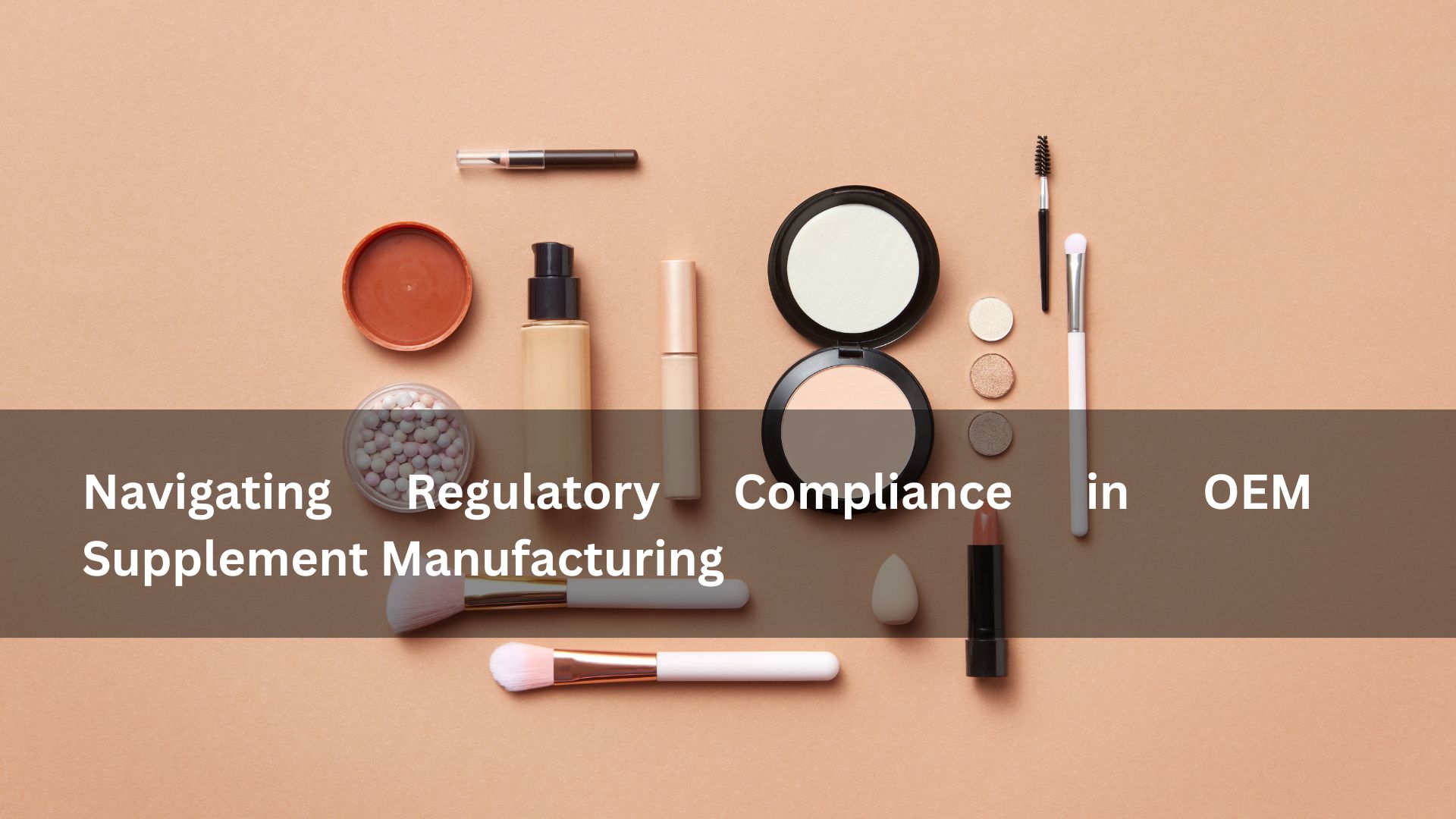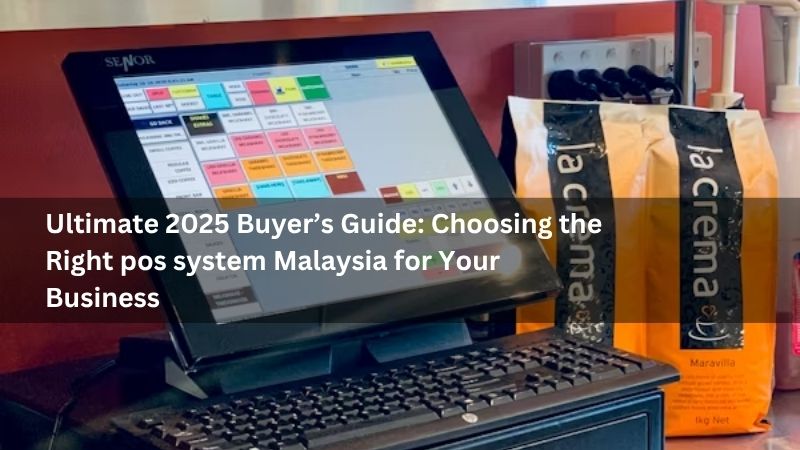Introduction: The Importance of Compliance in the OEM Supplement Industry
In today’s highly competitive health and wellness market, the success of any brand depends heavily on consumer trust, which is built through safety, transparency, and regulatory compliance. For companies utilizing an OEM supplement manufacturing model, these factors take on even greater significance because the responsibility for adhering to complex regulatory frameworks is shared between the brand owner and the manufacturer. Launching a product with a great formula is only one piece of the puzzle—without a rigorous commitment to compliance, your brand risks product recalls, legal penalties, and irreparable damage to reputation. Therefore, understanding how to navigate the regulatory landscape when working with an OEM supplement manufacturer is essential to long-term success.
Understanding the Regulatory Landscape for OEM Supplement Brands
The regulatory environment for supplements varies widely across global markets, creating a challenging landscape for OEM supplement brands that want to expand or maintain compliance. Unlike pharmaceutical drugs, dietary supplements are typically not subject to pre-market approval by agencies such as the FDA in the United States. However, this does not imply lax standards. Instead, manufacturers and brands must comply with stringent post-market surveillance, labeling rules, ingredient safety evaluations, and manufacturing protocols. These regulations aim to protect consumers by ensuring product safety and truthful marketing. Understanding these regulations from the outset enables OEM supplement brands to establish clear expectations with their manufacturing partners, ensuring that all legal obligations are met and reducing risks that can derail market access or lead to costly recalls.
Good Manufacturing Practices (GMP) in OEM Supplement Production
Good Manufacturing Practices (GMP) are the cornerstone of quality and safety in the OEM supplement industry. GMP regulations govern every stage of the manufacturing process—from ingredient sourcing and facility hygiene to batch production and final packaging. Manufacturers must maintain clean and controlled environments, implement strict cross-contamination prevention measures, and thoroughly document all procedures and deviations. For brands, partnering with a GMP-certified OEM supplement manufacturer is non-negotiable, as this certification guarantees that products are produced consistently to meet quality standards, minimizing risks of contamination, mislabeling, or inconsistent potency. A commitment to GMP also demonstrates to consumers and regulatory bodies that your brand prioritizes safety and quality above all.
OEM Supplement Labeling Requirements and Compliance
Labeling is one of the most scrutinized aspects of OEM supplement compliance because it directly affects consumer safety and informed choice. Accurate product labeling must include a detailed supplement facts panel listing dosage, active ingredients, and potential allergens, alongside mandatory manufacturer information and clear directions for use. Health claims made on labels must be supported by scientific evidence and carefully worded to avoid crossing into prohibited territory, such as drug claims implying disease treatment. This delicate balance between marketing appeal and legal accuracy necessitates close collaboration between brands and their OEM supplement manufacturers to ensure every label is not only attractive but fully compliant with local and international regulations. Failure to comply can result in regulatory warnings or product removal from shelves.
Quality Control and Testing Protocols in OEM Supplement Manufacturing
Ensuring product safety, purity, and potency is fundamental in supplement production. Trusted OEM supplement manufacturers implement comprehensive quality control protocols, including microbial testing to detect harmful bacteria and fungi, heavy metal screening to eliminate toxic contaminants, and potency assays to verify ingredient concentrations. Stability testing further assesses how well a product maintains its quality over time. To provide transparency and assurance, manufacturers issue Certificates of Analysis (COAs) for each batch, which brands should review diligently. These documents not only confirm compliance but also empower brands to confidently market their products and respond swiftly if any quality issues arise. Rigorous testing protocols underpin the credibility of any reputable OEM supplement product on the market.
Documentation and Traceability in the OEM Supplement Supply Chain
In the event of regulatory audits or product recalls, thorough documentation and traceability are indispensable for an OEM supplement brand. Manufacturers must maintain comprehensive records including ingredient sourcing certificates, batch production logs, employee training records, and quality control reports. This documentation ensures every product batch can be traced back to its raw materials and manufacturing conditions, enabling rapid identification and isolation of potential issues. For brands, partnering with an OEM supplement manufacturer that maintains a transparent and well-organized documentation system reduces liability and enhances accountability. Traceability also builds consumer confidence by demonstrating that your brand adheres to the highest standards of safety and quality management.
Certifications That Enhance OEM Supplement Credibility
Beyond regulatory compliance, third-party certifications provide additional layers of trust and can differentiate an OEM supplement brand in a crowded marketplace. Certifications such as NSF Certified for Sport, USDA Organic, Non-GMO Project Verified, and Gluten-Free labels signal to consumers that a product has undergone stringent independent evaluation. Many health-conscious customers actively seek these certifications as proof of quality and ethical production practices. Brands should discuss certification options with their OEM supplement manufacturing partners early on to align product development with these standards, thereby opening doors to premium retail channels and increasing consumer appeal. These certifications, while voluntary, have become powerful marketing tools that reinforce brand integrity.
Navigating International Compliance for OEM Supplement Exports
Expanding an OEM supplement brand internationally adds layers of regulatory complexity. Each target market—whether the European Union, Canada, Australia, or Asia—has distinct regulatory bodies and requirements for product ingredients, labeling, packaging, and claims. For example, the European Food Safety Authority (EFSA) imposes strict ingredient approval and safety assessment rules, while Canada’s Health Canada requires a Natural Product Number (NPN) for supplements sold domestically. Navigating these requirements without a knowledgeable OEM supplement manufacturing partner can result in costly delays or rejected shipments. Brands looking to grow globally should prioritize partnerships with manufacturers experienced in international compliance to streamline entry into foreign markets and maintain seamless regulatory adherence.
Choosing an OEM Supplement Manufacturer That Prioritizes Compliance
Selecting the right OEM supplement manufacturer requires a strategic focus on compliance, quality, and transparency. Brands should conduct thorough due diligence by reviewing certifications, inspecting manufacturing facilities, and requesting product samples to assess quality firsthand. The ideal manufacturing partner will not only meet GMP standards but also demonstrate a proactive approach to documentation, testing, and regulatory updates. A transparent manufacturer is willing to share audit reports, COAs, and SOPs and is responsive to compliance questions or concerns. Developing a collaborative relationship with such a partner ensures that your OEM supplement products meet regulatory requirements, maintain consistent quality, and foster consumer trust.
Conclusion: Shared Responsibility in OEM Supplement Compliance
Compliance in the OEM supplement industry is a shared responsibility that extends beyond the manufacturer to the brand owner. While the manufacturer implements protocols and certifications to meet regulatory requirements, the brand must stay informed, verify documentation, and maintain active oversight throughout the product lifecycle. Together, this partnership ensures products not only meet legal standards but also resonate with increasingly discerning consumers who demand transparency and quality. By prioritizing compliance at every stage of the manufacturing process, brands safeguard their reputation, avoid costly legal pitfalls, and position themselves for sustainable growth in a competitive marketplace.










